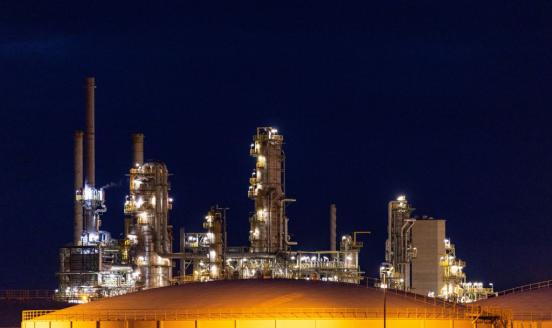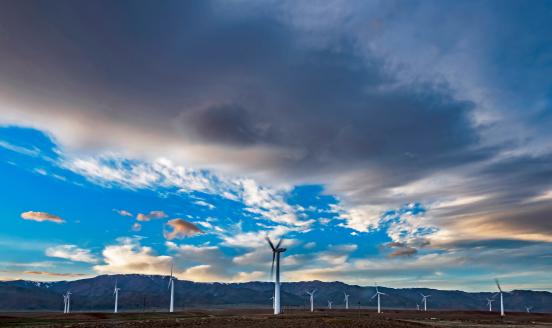Decarbonisation: a future fiscal headache for Europe?
Energy taxes contribute significantly to public budgets in the EU, but with the aim to reduce greenhouse emissions, the EU will have to fully decarbon
This op-ed was originally published in Le Monde.

EU governments face budget hole from decreases in energy tax revenues
If EU countries take their commitment to reducing emissions seriously, decreases in energy consumption could soon result in a tax revenue gap.
Energy taxes contribute significantly to public budgets in the EU. In 2014 governments across Europe received on average 6% of their revenues from taxes on energy. In 2014 the German government collected 48.7 billion euros in energy taxes. In Italy the figure was 47.7 billion, with 40.4 billion in the UK and 34.7 billion in France.
Almost all of this revenue comes from taxes on fossil fuels used for transport, heating and electricity production. But the EU has a long-term aim to reduce greenhouse gas emissions by 80-95% by 2050, compared to 1990 levels. To achieve this target, the EU will have to fully decarbonise its energy system by 2050. This will imply a huge drop in associated energy tax income.
This aim is becoming political reality, so governments need to prepare. At the COP 21 summit in Paris, the EU adopted a binding target to reduce greenhouse gas emissions by 40% by 2030. If this happens, a major source of government revenues will disappear in less than two decades.
Why do governments like energy taxes?
In their current form, taxes on energy are an effective way to collect money. They are difficult to evade. They have advantages over labour taxes, which can encourage illegal work or increase unemployment by making it more expensive to hire people. The EU imports most of its fossil fuels, so a certain share of the tax burden is borne by the countries exporting fuel. And consumption of petrol corresponds almost perfectly to road usage – so taxes at the pump can recover the cost of roads directly from those who use them the most. Finally, energy taxes are environmentally sound. They put a price on the negative effects of energy consumption, such as greenhouse gases, air pollution and noise.
Taxes on green energy are not a suitable substitute. Low-carbon energy, especially electricity from renewable sources, is more difficult to tax because production and transmission are decentralised. Governments find it much easier to track and tax the use of coal in power stations than the micro-generation of electricity, for instance from a domestic solar panel. Moreover, hitting our carbon targets will also require great improvements in energy efficiency – so there will be less energy consumption to tax. But above all, a heavy tax burden on green energy makes no sense. It would work against the transition to low-carbon energy that is so vital to limit global warming.
Change is coming
We have a long way to go before we reach the COP 21 goals, but taxes on energy have already helped reduce energy use and incentivise the shift to renewable energy. In the EU the proportion of electricity produced from wind and solar power has increased from 1% to 12% in the last 15 years.
At the moment we use the bulk of our fossil fuels for transport, but that is also changing. Electric cars are becoming cheaper and more widespread. The Dutch government will discuss plans to ban the sale of petrol and diesel cars completely by 2025.
Of course these changes are welcome from an environmental perspective. But we have to accept that in the longer run energy taxes will gradually erode their own tax base. The same is true for EU carbon pricing. This should complement energy taxes, but ultimately revenues from carbon taxes will fall as emissions are reduced.
As the energy transition gathers pace governments will see their revenues from energy taxes decline. They must find a replacement source of income, otherwise there may be dangerous political disincentives against complete decarbonisation. The time to think about this is now. Before the revenue gap brought by decarbonisation kicks in, European governments must start looking for an alternative, equally effective, source of public finance.



